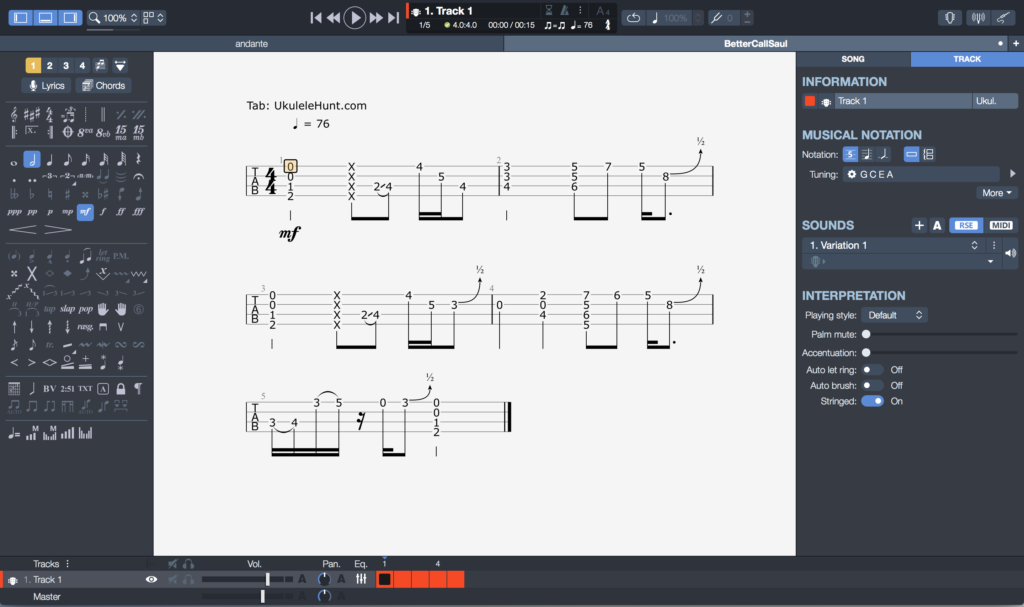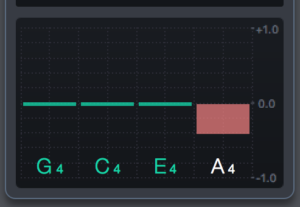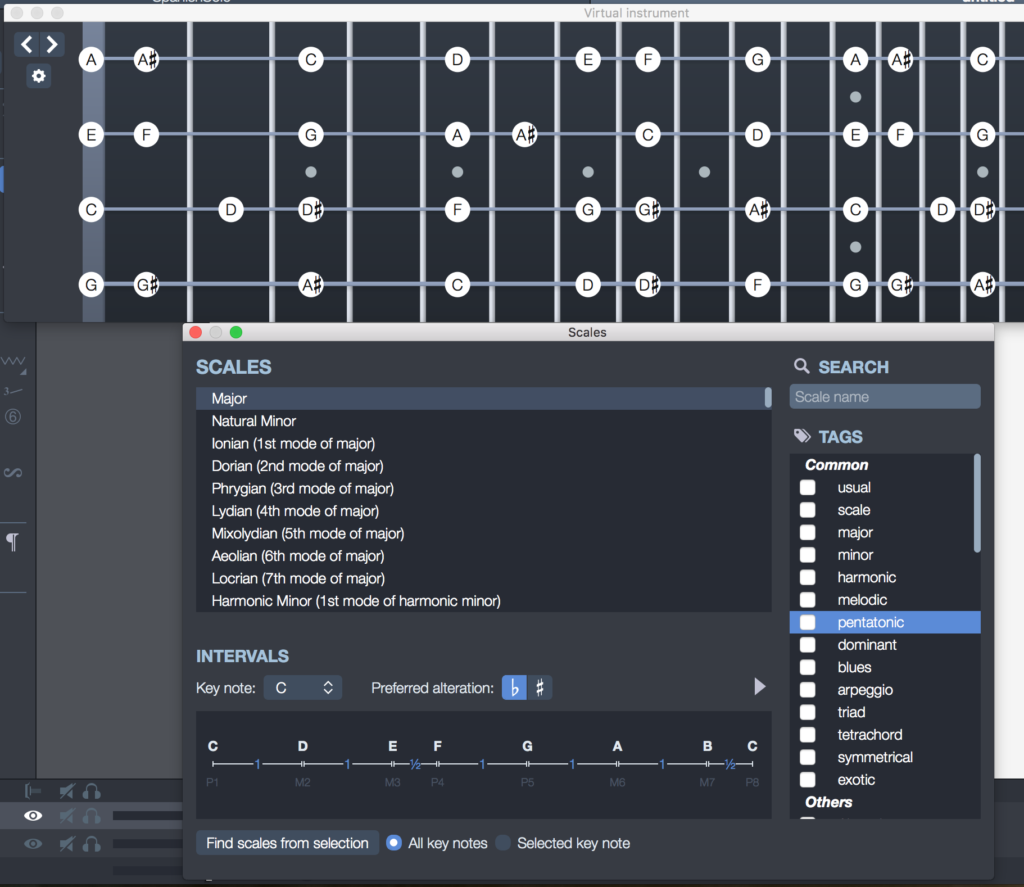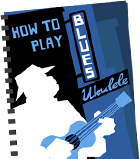Guitar Pro has been my tabbing software of choice since the start of Uke Hunt almost ten years ago. I’ve used it to make hundreds of tabs. So I was giddy with excitement with last week’s release of Guitar Pro 7 (I’m a Guitar Pro affiliate in case that changes your opinion on my review).
I’ve been putting it through its paces (on a Mac) since then and here’s what I think of it so far.
Should You Buy It?
If you’re starting fresh and wondering whether to buy Guitar Pro 7 I’d highly recommend it. It’s more powerful, widely-used and user-friendly than free apps like TuxGuitar and the long dormant Power Tab (although an alpha of Power Tab 2.0 has popped up recently). And at €75 (about $80) it’s way more affordable than the eye-wateringly expensive general scoring apps like Finale and Sibelius. If you’re going to be tabbing regularly it’s well downloading the trial and giving it a go. It’s a no-brainer.
If you’re considering upgrading from Guitar Pro 6 it’s more of mixed bag at the moment. The improvements are more than enough that I’ve already forked out €30 for the upgrade. But there are downsides to the transition and I wouldn’t blame anyone for sticking with Guitar Pro 6 until the kinks have been worked out and a few options added back in.
The Good Stuff
Visual Overhaul
It’s been 7 years since Guitar Pro 6 (GP6) was released and it was starting to show its age. And the rise of HD/retina displays has been as kind to GP6 as it was to ageing actors. Guitar Pro 7 (GP7) is an overdue improvement. It’s now clean, crisp and easy on the eye.
Layout
The layout has seen a similar improvement. GP7 switches to retractable panels. So there are more options under your fingertips and once you’ve got a score set up you can quickly hide at least two of the panels away while you get on with tabbing. Thumbs up from me.
Image and Audio Exports
Guitar Pro 6’s PNG image export left a fair bit to be desired. The image quality was low and the background was grey (which actually worked out nicely for me on the blog). For higher quality images I had to export a PDF then convert that to PNG. GP7’s PNG export is much better. Although still not as good as exporting a PDF.
Here’s how they compare (Click the image to see it full size):
GP7 adds the ability to export MP3 audio files. GP6 could only export WAV audio files. I don’t often export audio files form Guitar Pro but every time I’ve exported a WAV I’ve converted it to MP3. Now GP7 will export MP3s saving the hassle.
MIDI Import
Both GP6 and GP7 allow you to import MIDI files and will attempt to turn them into standard notation/tab. But GP7 does a massively better job at it.
Here’s how GP6 handled a random MIDI I downloaded from the internet:
And the same file in GP7:
GP7 has included the key signature, got rid of the useless rests and correctly picked up on the triplets (importing triplets is an option in the GP7 but not in GP6). The GP7 import is much neater and more readable. It will also now import lyrics (I’m going to be generous and blame the midi file for that being in the bass clef) and you can select which tracks from the MIDI you import.
Minor Improvements
Sounds: When playing back a tab Guitar Pro uses its “Realistic Sound Engine”. It’s certainly more pleasant than MIDI playback. GP7 adds a bunch of new sounds. Ukulele-wise, it’s gone from one sound to three: ukulele, natural and picked. They’ve made sound improvements a tentpole feature of GP7 so someone must really care. But I’ve been fine with the sound in GP6 and the improvements in GP7 are wasted on me.
Polyphonic Tuner: A polyphonic tuner will check the tuning of all your strings at once. You just strum all the strings into your computer mic and it’ll tell which are at of tune. I was fully expecting it not to work and be thrown off by the re-entrant string. But it worked perfectly. I don’t know if I’ll actually use it much but it gave me a, “Holy shit I am living in the future,” moment.
Track Defaults: GP6 didn’t let you change the default settings for new tracks. Now you can save a default notation types (standard, tab or slash), tuning, name and sound for each instrument.
New Preferences: In GP6 pressing the + key makes a note shorter and – made it longer. Which is something my brain never got to grips with. Now there’s an option to switch it to the obviously correct way around.
Locking files: You can now password lock files so they’re either not editable or not viewable without it.
The Not So Good Stuff
Linux Dropped
GP7 drops previous version’s support for Linux. Not a big deal for me or most Guitar Pro users. But this is certainly going to make GP7 a no-go for some people.
File Format
Once again the Guitar Pro file format has changed (now to .gp). That means files you create in Guitar Pro 7 can’t be opened in previous versions.
It is possible to export to .gpx (which opens in GP6) but the option to export to .gp5 is gone. Which is a shame because as well as being openable by GP5 and GP6 other tabbing software is able to import it. That just leaves MusicXML as a way to transfer between tab software.
Useful Preferences Gone
There were a couple of preferences in GP6 that either aren’t in GP7 or I can’t find.
Play sound when editing: GP6 allowed you to hear all the notes on a beat as you typed them in. Which meant you could immediately hear if you’d goofed. I regard this one as pretty much essential and I’m hoping it’s back soon. UPDATE: It is there and I missed it. In the menu sound > play while editing.
Add the bass note to the chord’s name when it’s not the root note: When automatically naming a chord Guitar Pro will give them slash chord names if the root is different from the lowest note of the chord. Great for guitar chords but awful for ukulele chords. GP6 allowed you to turn this off but GP7 doesn’t seem to.
Backup every _ actions: GP6 had an option automatically backup your file after a number of actions of your choosing. Which saved my arse a few times. As far as I can tell GP7 is manual saves only.
Bugs
Crashes: I’ve had a couple of out-of-the-blue crashes using it. Nothing I wouldn’t expect from brand new software.
The big issue I’ve had is while using bluetooth headphones. That causes GP7 crashes every time I try to play a score and makes all audio from the computer sound like complete garbage in the meantime. It might be particular to my setup.
Virtual Instrument Scales The ukulele scales in the virtual instrument (a fretboard popup that shows notes and scales) are all kinds of jacked-up. I didn’t find one that was correct. Here’s what it thinks C major looks like:
If you look at the bottom of that screenshot it has the right notes for the scale. But something is going very wrong in translation to the fretboard.
I had a peek at the scales for guitar and they seem better but some have a few notes missing.











As always, Woodshed, a great review. I particularly liked your comment re. the eye watering cost of Sibelius et al. Have you looked at MuseScore? It’s free, works on Windows, Mac and Linux. The way they make money is by people buying the book, (Mastering MuseScore). It’s about £23.00 on Abe Books and Amazon, and £12.00 for a Kindle version.
I’m still finding my way around it but let’s just say, I won’t be going back to GuitarPro.
I’d be interested in your review.
All the best and thanks again for such a great site.